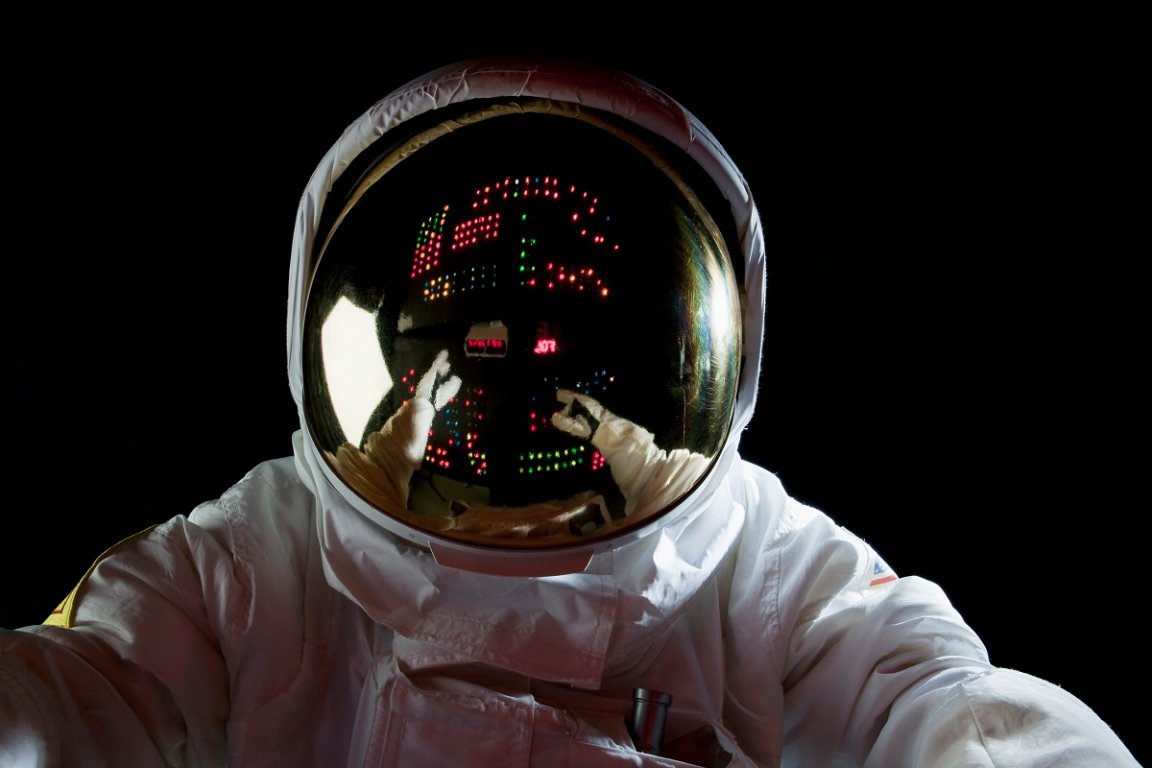
Clean Plate
A husband-and-wife duo have published a book about life on Mars that includes a section about — drumroll, please — the ethics of astronaut cannibalism in space.
“Death among spacefarers has always been rapid and always consumed whole crews,” Kelly and Zach Weinsersmith, the authors of “A City on Mars: Can We Settle Space, Should We Settle Space, and Have We Really Thought This Through?” muse at the beginning of their Martian astronaut cannibalism exploration. “So there’s never been a situation where a few astronauts gather round a lost companion wondering what the appropriate mode of disposal is.”
Perhaps best known for husband Zach Weinersmith’s “Sunday Morning Breakfast Cereal” webcomic — though Kelly is a behavioral ecologist at Rice University — the duo pointed out that beyond the United Nations’ international space law stipulating that technically, a floating corpse in space would be considered a satellite (“thanks, Registration Convention!”) there hasn’t been all that much published on the subject.
What has been published, however, is eyebrow-raising.
With few mentions of the subject beyond those making oblique references to a kind of space-age “Law of the Sea,” in which one must kill or be killed or kill to survive, the Weinersmiths were able to find one book — Dr. Erik Seedhouse’s 2015 book “Survival and Sacrifice in Space Exploration” — that didn’t just tackle the subject head-on, but rather took a sort of how-to approach.
Eat Flesh
“Imagine you’re stranded on the Red Planet with three crewmembers,” Seedhouse, a professor at Daytona Beach’s Embry-Riddle Aeronautical University wrote. “You have plenty of life-support consumables but only sufficient food to last one person until the rescue party arrives. What do you do?… One day, while brewing coffee for breakfast, you realize there are three chunks of protein-packed meat living right next to you.”
Per the author and triathelete’s estimation, the biggest of the Mars explorers should sacrifice themselves first because they “both consume and provide the most food.” He went on to provide a “weirdly detailed look” at how to cut up one’s fellow humans if necessary.
“We don’t know where Seedhouse would fall in the buffet line because we couldn’t find his height and weight online,” the authors wrote, “and honestly we’re scared to ask.”
In “Survival and Sacrifice” — whose title, we must admit, makes a chilling sort of sense in this context — readers will also find, the Weinersmiths pointed out, a photo of ten astronauts smiling in space alongside the caption: “In the wrong circumstances, a spacecraft is a platform full of hungry people surrounded by temptation. Is it wrong to waste such a neatly packaged meal?”
Per the aeronautical professor’s estimation, it would indeed be wrong — but as the writers of “A City on Mars” so aptly declare, it’s probably best for Red Planet-bound astronauts to “leave Erik Seedhouse at home.”
More on space weirdness: NASA Terrified of Space Station Careening Out of Control and Crashing Into People